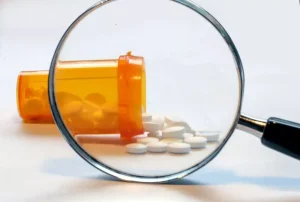
Your loved one might need help with practical tasks like preparing meals, going to the bathroom, and getting around. If possible, offer to help with these tasks so your loved one can focus on healing. One of the most important things you can do is simply be there for your loved one during this difficult time. Just by being present and available, you can provide them with great support.
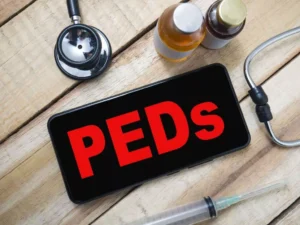
72 Hours
- These rewards can be anything from treating yourself to a favorite meal to planning a special trip.
- If you drink regularly then suddenly stop, you’ll likely experience alcohol withdrawal symptoms within six to twelve hours of your last drink.
- Consider taking on a leadership role within your support group, such as becoming a sponsor or leading a meeting.
- The second stage is referred to as post-acute withdrawal syndrome (PAWS).
- According to the National Library of Medicine, alcohol withdrawal typically begins within eight hours after the last drink, but it can also take a few days to begin in some cases.
This process involves acknowledging your past actions, expressing sincere remorse, and taking steps to repair the damage. Be patient and understanding, as rebuilding trust https://ecosoberhouse.com/ takes time and consistent effort. This can include family members, friends, or a professional therapist.
hours
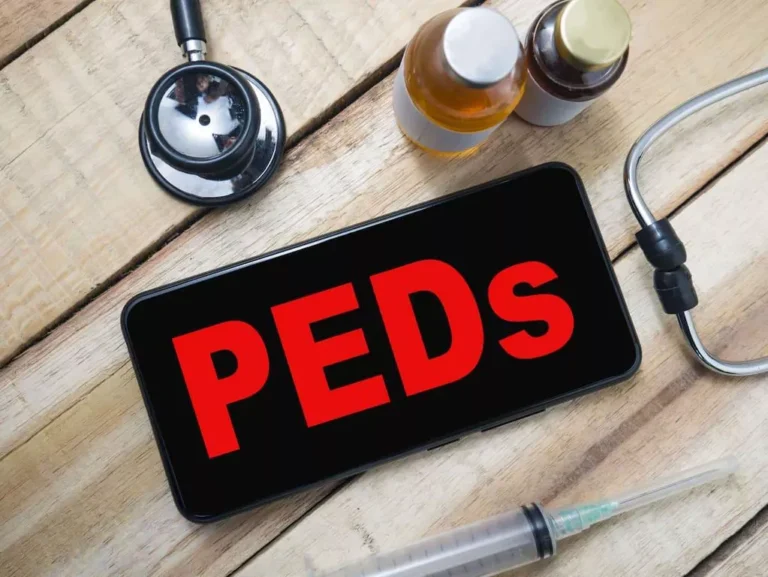
While it may not be something you perceptibly notice, one huge health benefit from stopping alcohol will occur by your third week of not drinking. Using alcohol frequently or consistently increases your blood pressure, leading to an increased risk of heart disease and stroke. By your third week of abstinence, your blood pressure levels will become more healthy, potentially allowing you to discuss with your doctor the possibility of decreasing or even stopping blood pressure medications.
Treatment Programs
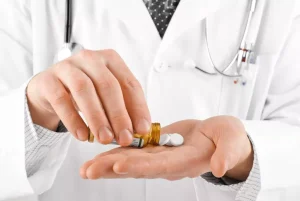
People at high risk of complications should enter a short-term in-patient detox program. For those with alcohol use disorder, withdrawal is just the first (but very important) step on a long journey to recovery. These first few weeks are critical because they are when the risk of relapse is highest.
Special Case: Delirium Tremens
Consider joining a support group like Alcoholics Anonymous (AA), SMART Recovery or Living a Sober Powered Life, where you can connect with others who are also navigating the journey of sobriety. Having a network of people who understand your struggles and can offer encouragement and accountability can make a significant difference in maintaining your recovery. Motivational interviewing is another effective approach that helps individuals explore and resolve ambivalence about change.
Inpatient Rehab
- Alcohol causes you to produce excessive amounts of urine, leading to dehydration.
- Yes, atypical antipsychotics such as quetiapine may be used to treat alcohol withdrawal, especially in patients who do not respond well to typical treatment options.
- Quitting alcohol consumption affects drinkers’ sleep patterns differently.
- When someone drinks alcohol for a prolonged period of time and then stops, the body reacts to its absence.
- “Went from shaky to wanting to scream all day. I almost talked myself into ‘just one more’ several times, but somehow made it through.”
As you encounter new challenges or life changes, be prepared to adapt your coping strategies and support systems accordingly. Stay in touch with your therapist or support group, and don’t hesitate to reach out for help when needed. Remember that setbacks are a normal part of the journey, and what matters most is how you respond to them and continue moving forward. Embracing a sober lifestyle doesn’t mean giving up on social activities altogether.
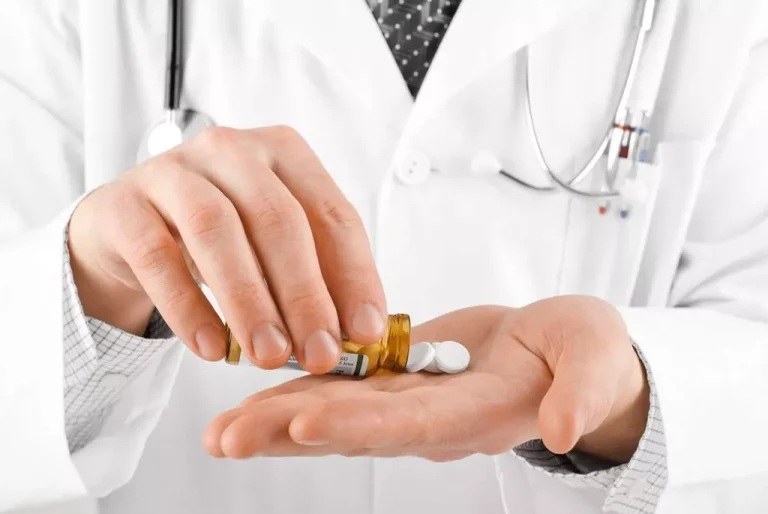
- All of the information on this page has been reviewed and verified by a certified addiction professional.
- You may also know that you need help with alcohol misuse when you begin experiencing consequences directly related to your alcohol misuse—but you still can’t stop or cut back on the amount that you’re drinking.
- He is a Captain in the Army Reserves and has 15 years of military service.
- The physical symptoms of withdrawal will be past their worst for most people, and the benefits of quitting alcohol will start to be noticeable.
- People who feel they aren’t ready to detox in a rehab facility sometimes try to taper off alcohol themselves.
For over 20 years Dr. Umhau was a senior clinical investigator at the National Institute on Alcohol Abuse and Alcoholism of the National Institutes of Health (NIH). All of the information on this page has been reviewed and verified by a certified addiction professional. If you don’t already have a supportive network, you can make new connections by joining social media communities dedicated to alcohol-free living. For help quitting, resources are available from the Substance Abuse and Mental Health Services Administration (SAMHSA) or the National Institute on Alcohol Abuse and Alcoholism (NIAAA).
More on Substance Abuse and Addiction
The physical symptoms of withdrawal will be past their worst for most people, and the benefits of quitting alcohol will start to be noticeable. At 10 days without alcohol, if you still have any physical withdrawal symptoms, as reported below, they’re possibly due to some other condition than alcohol withdrawal. Going into the second day of abstinence from alcohol, people typically report a wide variety of experiences. For some, symptoms already start to subside, while others begin to experience more severe ones. Those who seek medical attention tend to feel better than whose who do no. The decision to quit drinking is an important step, but you might wonder what can you expect from alcohol withdrawal.
This ensures they can recognize the condition in a loved one who is going through a period of recovery from alcohol use disorder. The frequency and setting for outpatient monitoring of AWS should be guided by symptom severity, risk of complications, and social factors, including reliable social support and a safe home environment. Blood pressure, pulse, alcohol withdrawal and alcohol breath analysis should be obtained whenever possible.
